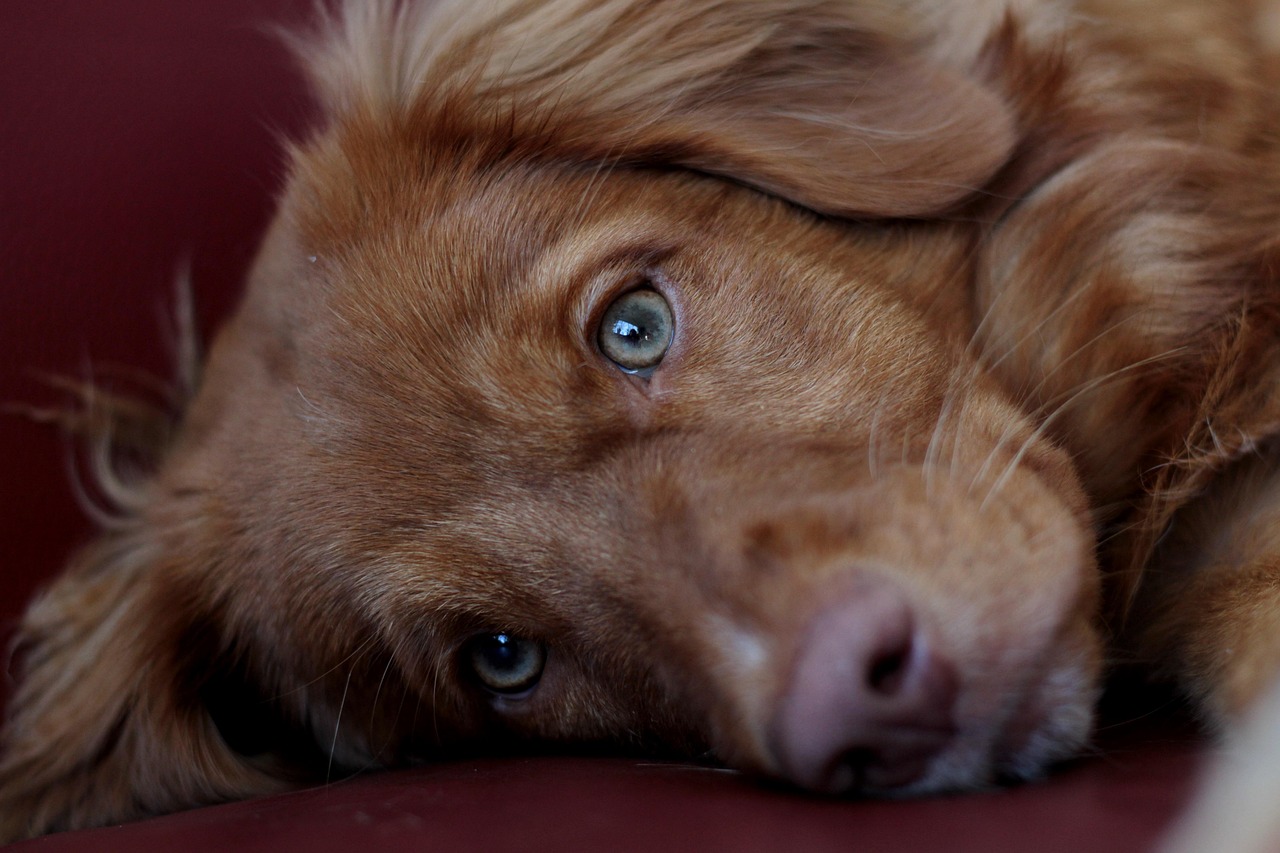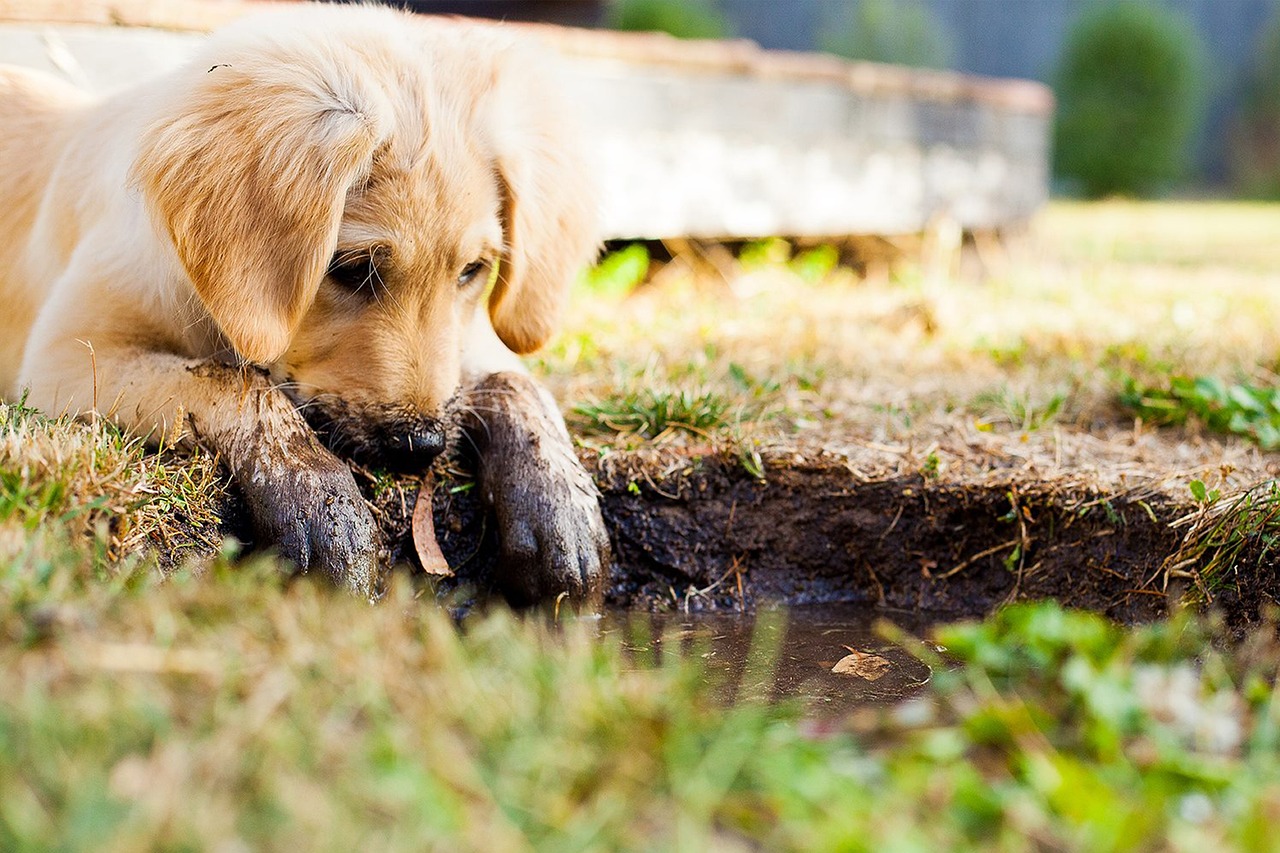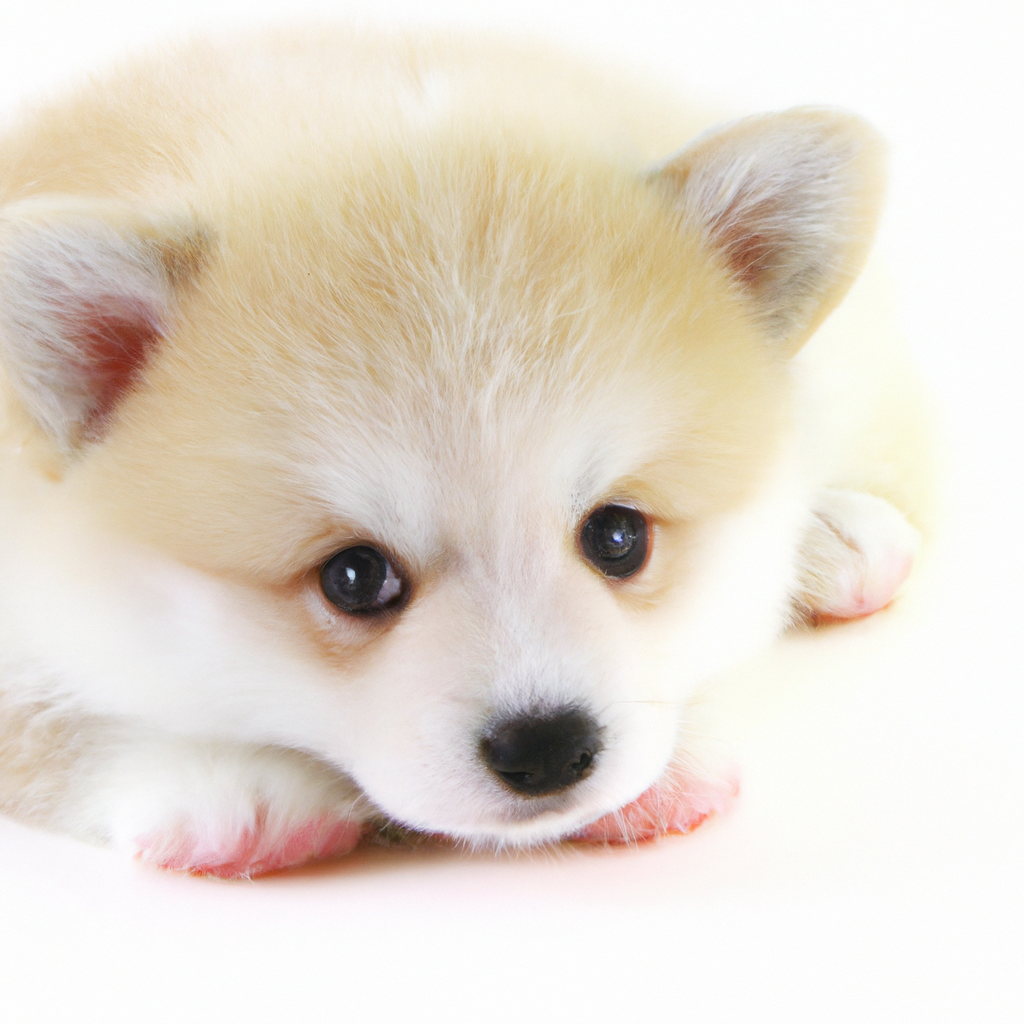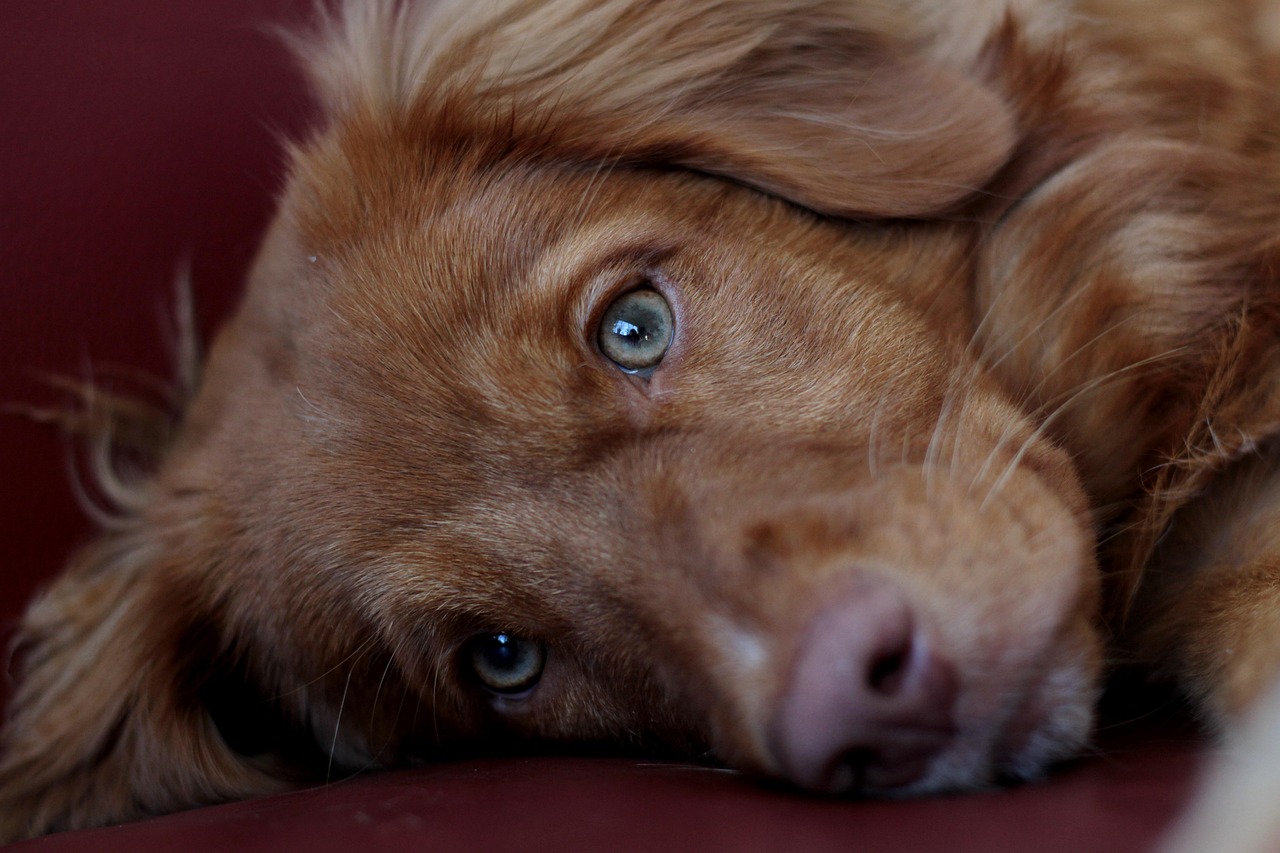Welcome to our blog about 강아지 유치원, or puppy kindergarten! This innovative concept is designed to help young dogs develop social skills, learn basic commands, and adapt to their environment in a safe and fun setting. As more pet owners recognize the benefits of early training and socialization, puppy kindergartens are becoming increasingly popular. Join us as we delve into the various aspects of these programs and discover how they can enhance your furry friend’s early development. Let’s explore in detail below.
Understanding the Concept of Puppy Kindergarten
The Importance of Early Socialization
Puppy kindergarten serves as an essential foundation for a dog’s social development. During their formative weeks and months, young dogs are particularly impressionable. Engaging with other puppies and people in a controlled environment helps them learn vital social cues. This early exposure can prevent behavioral issues later in life, such as aggression or fearfulness. By interacting with different breeds, sizes, and temperaments, puppies become more adaptable and confident in various situations.
Basic Training Techniques
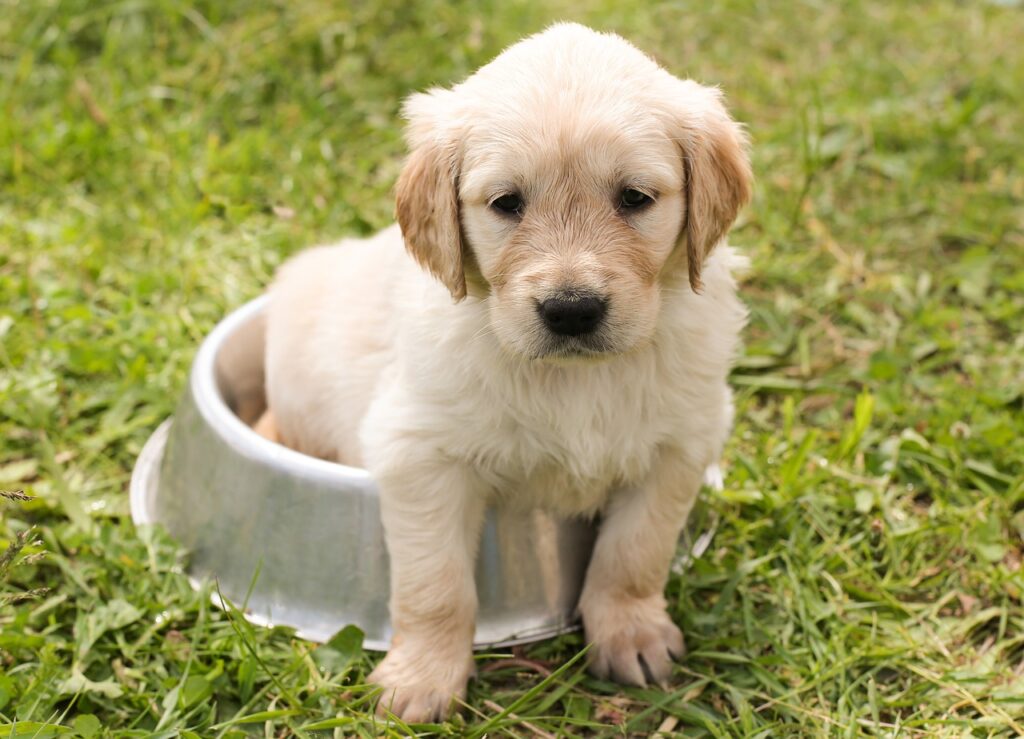
In puppy kindergarten, instructors focus on teaching fundamental commands that are crucial for obedience and safety. Techniques often include positive reinforcement methods, where rewards are given for desired behaviors. Puppies learn commands such as “sit,” “stay,” and “come” through engaging activities that promote understanding without overwhelming them. This approach not only fosters a bond between the owner and the puppy but also instills a sense of discipline and respect.
Creating a Safe Learning Environment
Safety is paramount in puppy kindergarten settings. Facilities are designed to be free from hazards while providing ample space for play and learning. Supervision by trained professionals ensures that interactions remain positive and constructive. The environment is tailored to accommodate the developmental stages of young dogs, allowing them to explore their surroundings safely while receiving guidance on appropriate behavior.
Activities That Foster Development
Interactive Play Sessions
Play is a crucial aspect of puppy kindergarten, serving not just as a form of exercise but also as a means of learning. Structured play sessions allow puppies to engage with one another under the watchful eye of their trainers. Through games that involve chasing, tugging, or fetching, puppies develop coordination and motor skills while also practicing social interactions. These activities encourage healthy competition and teach pups how to take turns, share toys, and recognize boundaries.
Exposure to New Experiences
A significant component of puppy kindergarten involves exposing young dogs to various stimuli they might encounter in everyday life. This can include different sounds like vacuum cleaners or doorbells, various surfaces such as grass or gravel, and even encounters with children or other animals. Gradually introducing these experiences helps reduce anxiety and fear in unfamiliar situations later on, making outings much more enjoyable for both the dog and its owner.
Learning Through Games
Games play an integral role in making learning enjoyable for puppies. Trainers often incorporate fun challenges that require problem-solving skills, such as puzzle toys or hide-and-seek exercises. These activities stimulate mental engagement while also teaching patience and focus. By associating learning with playtime, puppies are more likely to retain what they’ve learned and look forward to future training sessions.
The Role of Professional Trainers
Expertise in Canine Behavior
Professional trainers bring valuable expertise to puppy kindergarten programs. With backgrounds in animal behavior and training techniques, they understand how to address common issues that may arise during early development stages. Their experience allows them to tailor training approaches based on individual puppy needs while ensuring that all activities promote healthy growth.
Building Relationships with Owners
A key aspect of effective training is fostering strong relationships between puppies and their owners. Trainers often provide guidance on how owners can reinforce lessons at home through consistent practice and positive interactions. By educating pet parents about canine body language and behavior cues, trainers empower them to better understand their pets’ needs.
Continuous Support Beyond Kindergarten
Many trainers offer ongoing support even after completion of the puppy kindergarten program. This can include advanced training classes or resources for dealing with behavioral challenges as the dog matures. Such continued engagement helps maintain the progress made during initial training sessions while addressing new developments in the dog’s life.
Health Benefits of Puppy Kindergarten
Physical Activity for Young Dogs
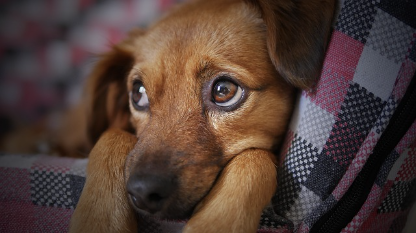
Puppy kindergarten provides an excellent opportunity for physical exercise vital for a growing dog’s health. Regular playtime helps build muscle strength, improve stamina, and maintain a healthy weight—all crucial factors for a developing canine body. Moreover, active puppies tend to exhibit fewer behavioral problems compared to those who lack sufficient physical outlets.
Mental Stimulation Through Learning
Mental engagement is just as important as physical activity when it comes to overall well-being. Puppy kindergarten encourages cognitive development through structured learning environments where pups can practice commands and problem-solving skills. This mental stimulation helps prevent boredom-related behaviors like chewing or digging at home.
Promoting Overall Well-Being
Participating in puppy kindergarten contributes significantly to a dog’s emotional health by reducing stress levels associated with isolation or unfamiliarity with new environments. The camaraderie formed among peers promotes happiness while building confidence through successful interactions with people and other dogs alike.

